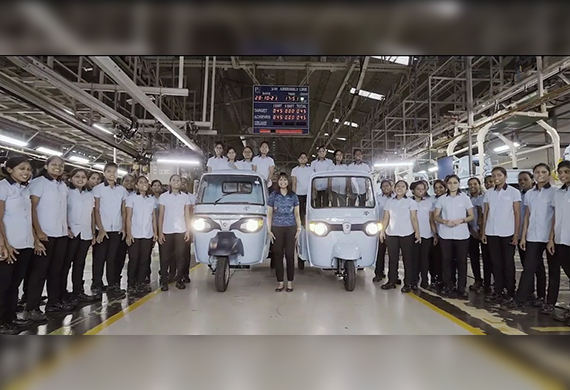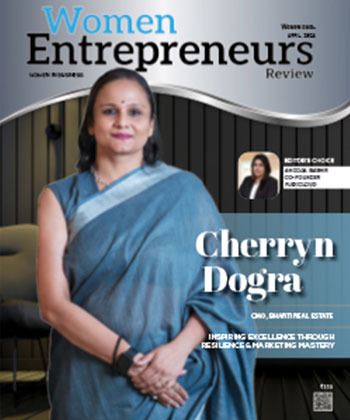
Piaggio Vehicles introduces all-women workforce on its assembly line
By: WE Staff | Tuesday, 30 November 2021
Piaggio Vehicles, a subsidiary of the Italian Piaggio Group, has deployed an all-women staff on its Ape Electrik assembly line. Piaggio has recruited these women from a variety of technical institutes in and around Baramati. Before being introduced to the assembly line, these women were instructed on safety protocols, tool usage, electric vehicles, and the latest technology connected to BMS, motor, and E-box. The workplace at the two automakers has been modified to be more ergonomically friendly for women.
Piaggio's Baramati plant employs women to build all of its electric models, including the Ape E-City and Ape E-Xtra, which are available with fixed and swappable battery options. For the period H1 FY 2021-22, Piaggio is the market leader in the L5N electric three-wheeler cargo segment.
Women in Baramati now have jobs because to this effort. Quality control inspections, fitting, assembly, electrical, and overall material management are all handled by women here.
Diego Graffi, Chairman and Managing Director, Piaggio Vehicles Pvt. Ltd said, “In line with our group philosophy, we have created the EV assembly line that is fully operated by a female workforce. I want to remark that this is only the starting point, & we have a long way to go. We will have inclusion of more women at the assembly line, plant premises, and offices. This is not just to empower women but also to bring workforce equality in the auto sector which was long due."
Pooja Bansal, Head HR at Piaggio Vehicles Pvt. Ltd added that, “Diversity at the workplace is very important as it fosters innovation and growth. The strategy at Piaggio is to provide all women employees economic independence, parity of opportunities which includes career development, and most important- escalating them to managerial and leadership positions. We intended not only to have women employees and train them only for manufacturing and the shop floor but hire and train women employees across the business value chain."






